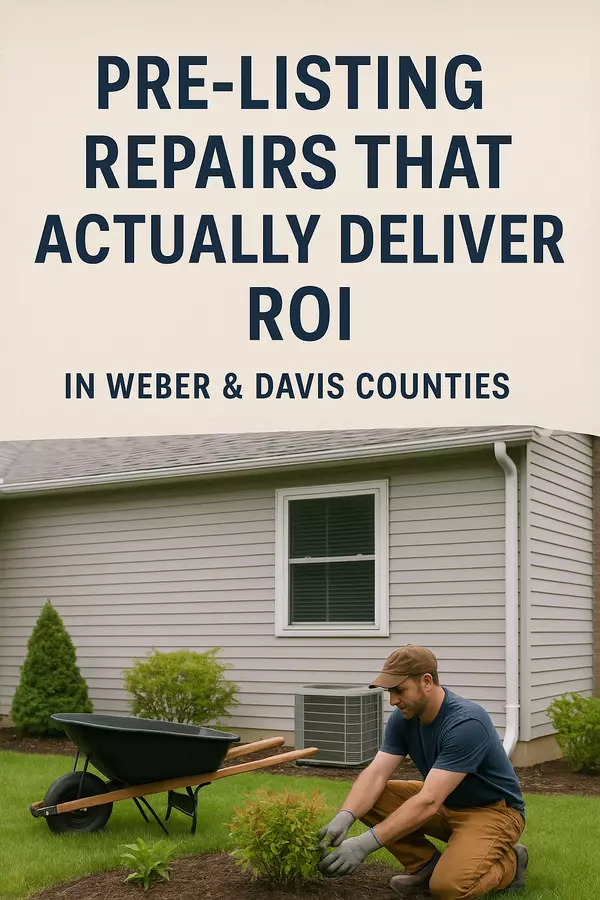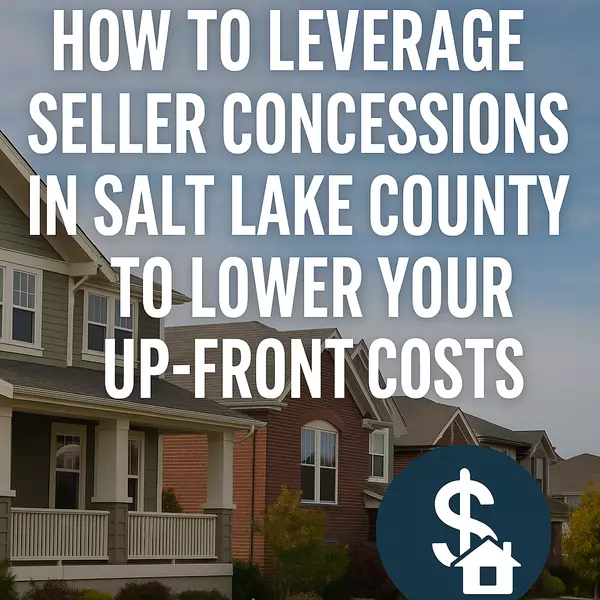Understanding the Real Estate Transaction Timeline

Navigating the home-buying process can be both exhilarating and daunting, especially for first-time buyers. Understanding each step of the real estate transaction timeline can help demystify the process and set realistic expectations. Here's a comprehensive guide to what clients can expect from offer to close, with insights into how current market trends and lifestyle considerations play a role.
Step 1: Pre-Approval
Before you start house hunting, securing a mortgage pre-approval is crucial. This step involves a lender reviewing your financial background to determine how much they are willing to lend you. A pre-approval letter not only clarifies your budget but also signals to sellers that you are a serious buyer.

Step 2: House Hunting
With your pre-approval in hand, it's time to start searching for your dream home. This phase can vary greatly in length depending on market conditions and personal preferences. In a seller's market, where demand exceeds supply, be prepared for competitive bidding wars and limited inventory. Conversely, in a buyer's market, you'll have more options and potentially more negotiating power.
Step 3: Making an Offer
Once you find a property that meets your needs and lifestyle aspirations, the next step is making an offer. Your real estate agent will help you draft a competitive offer based on comparable sales and market conditions. Be prepared for counteroffers and negotiations during this stage.

Step 4: Offer Acceptance and Escrow
If your offer is accepted, you'll enter escrow—a neutral third party that holds funds and documents until all conditions of the sale are met. During this period, which typically lasts 30-45 days, several critical steps occur:
1. Home Inspection: A professional inspector evaluates the property's condition to identify any potential issues.
2. Appraisal: The lender arranges for an appraisal to ensure the home's value matches the loan amount.
3. Loan Approval: The lender finalizes your mortgage application based on the inspection and appraisal results.
4. Title Search: A title company verifies there are no legal claims or liens on the property.

Step 5: Contingencies
Most offers include contingencies—conditions that must be met before the sale can proceed. Common contingencies include financing (securing your mortgage), inspection (addressing any significant issues found during the home inspection), and appraisal (ensuring the home's value supports the loan amount). Each contingency has its own timeline for resolution.
Step 6: Closing Preparation
As you approach closing day, you'll need to complete several tasks:
1. Final Walkthrough: Conducted within 24 hours before closing to ensure the property is in agreed-upon condition.
2. Closing Disclosure: Review this document detailing loan terms and closing costs at least three days before closing.
3. Funds Transfer: Arrange for wire transfer or cashier's check to cover closing costs and down payment.

Step 7: Closing Day
On closing day, you'll sign numerous documents, including the mortgage agreement and deed of trust. Once all paperwork is signed and funds are transferred, you'll receive the keys to your new home!
Market Update & Lifestyle Considerations
Current market trends significantly impact each step of this timeline. For instance, in today's fast-paced market with low inventory levels, buyers may need to act quickly and make strong offers to secure their desired properties.

Additionally, lifestyle factors play an essential role in decision-making throughout this process. Whether prioritizing proximity to work, school districts, or community amenities like parks and shopping centers—these considerations influence both house hunting and final purchase decisions.
In conclusion, understanding the real estate transaction timeline from offer to close helps buyers navigate each phase with confidence. By staying informed about market conditions and aligning their choices with lifestyle needs, clients can make well-informed decisions leading them closer to owning their dream home.
Categories
Recent Posts











